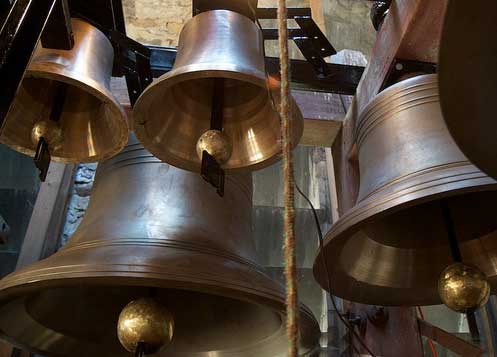I have been saying to myself all day “I wish I were brave enough.” There is this urge, this nagging feeling to share my experience. Perhaps it’s a way of validating my despair, acknowledging that this has happened; an attempt to satiate a narcissistic need to prescribe to the construct of a millennial documentary culture; or maybe, just maybe, I am not “fine”, and I no longer have the wherewithal to pretend I am. So much of our time is spent pretending in some form or another: interpersonal relationships, first dates, negotiations of social and economic value. The mask we wear each day, be it via makeup, or clothing, or over-exaggerated bravado as a means of camouflaging insecurity, supposedly protects us from the harshness of an unjust world–one where beauty beats brains or connections trump skill. But no matter how much we pretend, no matter how much we try to hide behind “fine”, we still experience pain. Love, loss, and all the in between–the molecular structure of the human condition.
Although I have been struggling with this for over a month (but really over a year), it seems like some sort of cosmic, universal sign (if you believe in that sort of thing) that today, October 15th, is #pregnancyandinfantlossawarenessday.
I feel like I have been carrying this secret, this shame for something of which is not shameful, embarrassed and disappointed in myself. It took almost a year, but I became comfortable sharing my experience: in July 2016, I miscarried my first child at 5 weeks. After followed a year of denial and a self-propelled campaign to convince everyone (but mostly myself) that it was early, we can always try again, we’re young and healthy, plus I was barely pregnant. I am fine.
But then a year passed. No medical reason could be determined, but we could not conceive. I cried every month, hopeful at any sign of something being different, only to be greeted by a familiar visitor who reminded me for 4-7 days of my failure.
I would listen politely as family and friends would make comments, suggestions, or inquiries. I’d brush them off as well-meaning, or naive, or just the way they are, and then sob on the car ride home, every.single.time. I started to share my struggles, hoping the mentions would stop. They didn’t. I got used to dodging questions, became trained in a choreographed duck-and-weave, spinning toward a new topic while willing the tears to stay comfortably at the back of my throat, as they had been resting for months.
In December, I was late. Really, really late. And was so filled with glee, like a child the night before Christmas, when Saint Nick was headed on his way. I was going to have a child, whose eyes would glisten as they fought sleep, trying in vain to be awake for Mr. Claus’ arrival. The day after Christmas, the familiar tinge of pain and rush of confirmation that I was not pregnant came. That afternoon, my sister-in-law announced she was pregnant with her second child.
This is my experience, not unlike so many others. And when July 2017 came, I was run-down. It had been a year of trying and tracking and testing. I was so exhausted I could barely see straight, resorted to taking naps under my desk at work on my lunch hour, and wondering if depression had finally decided to wrap me in its warm blanket for good.
I was pregnant.
This time was different. Morning sickness (they lie, it’s all day sickness), aches and pains, insomnia, I had it all. And I was ecstatic. They say strong symptoms mean strong pregnancy, and I had taken every possible test to confirm.
I’m not ready to talk about that time. The joy, the stress, the secrecy–I hold it in my heart as a piece of me that no one else, except maybe my husband Ben, will ever be able to touch.
At 8 weeks I had my first OBGYN appointment. At 9 weeks, I had my first ultrasound, and my cocoon began to break as the alarmed whispers flowed outside my exam room door. At 10 weeks, it was confirmed that I would miscarry. And at 11, in early October, I would ultimately have 2 surgeries (one planned, one emergency) to address complications.
At a loss for words (and self and will to move on), I couldn’t bring myself to do what I normally do: write. Instead, I held my phone, and said all the things I was afraid to utter in front of another person.
What follows is weeks 9-10, when I was notified that it was most likely that I would miscarry, but had to wait a week before confirmation. I was not fine. I am not fine. Maybe now you’ll understand why.
Day 1–Notification
Day 2
Day 3
Day 4
Day 5
Day 6
Day 7
Day 8–Confirmation
Cover image via



